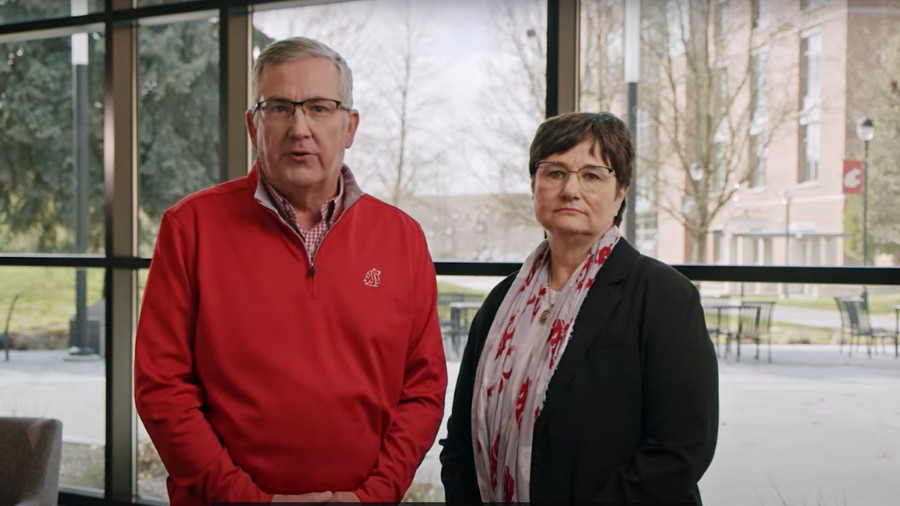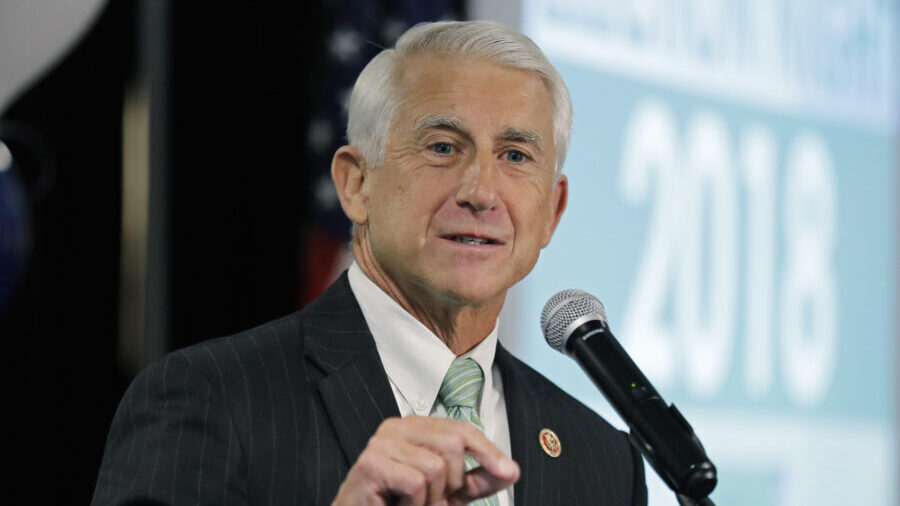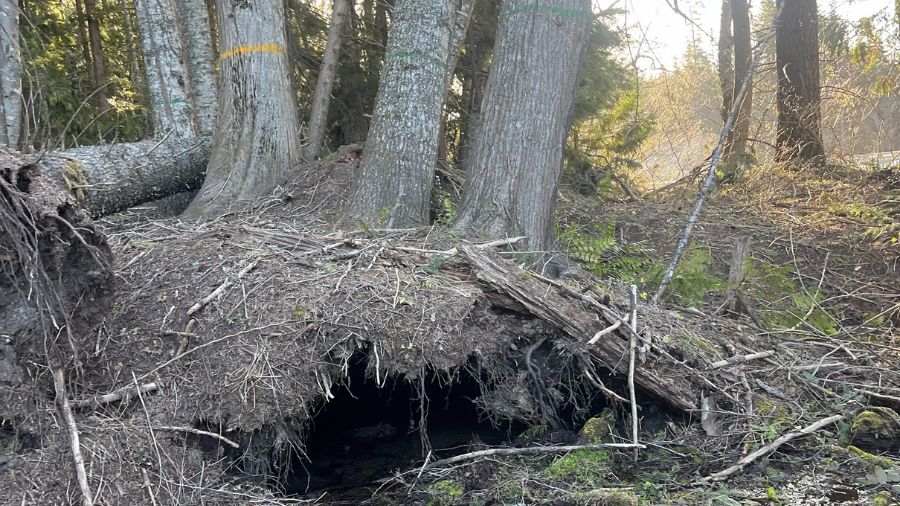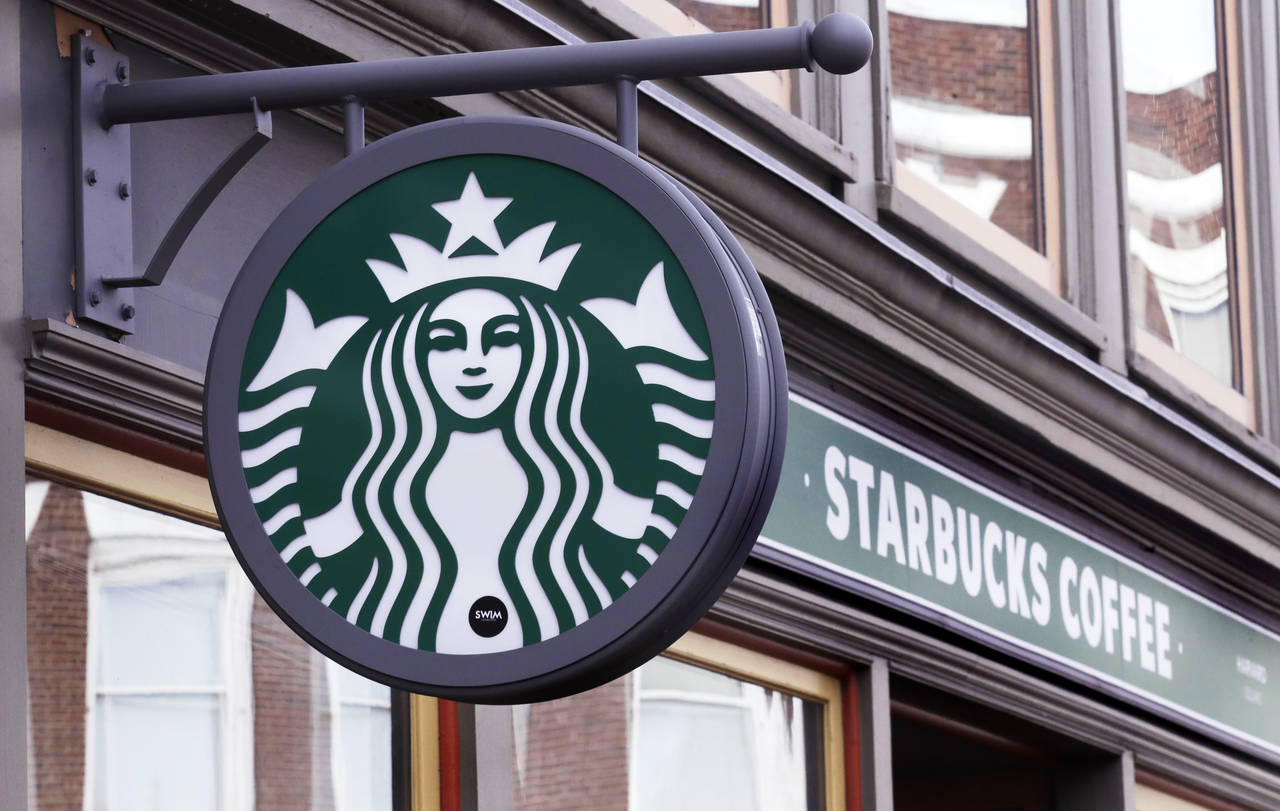Washington’s road usage charge pilot is over — what now?
Apr 10, 2019, 5:07 AM | Updated: 5:48 am
Washington’s pilot program for a road usage charge ended in February, after one year and about 2,000 participants tested various methods of paying taxes per mile they traveled, instead of paying a gas tax.
But many questions are left lingering in its wake. What is known is that the Road Usage Charge Steering Committee has entered its next phase and is expected to present a final report, with recommendations, by January 2020.
The steering committee — a collection of Republican and Democratic lawmakers, and other state officials — have already begun developing that report. Its first meeting of 2019 was in March.
There are three more meetings this year. It has a few objectives, such as how to sync up a road usage charge with the pre-existing gas tax system, and how to take interstate travel into consideration.
RELATED: Could pay-per-mile lead to automated speeding tickets?
RELATED: California’s lessons for an RUC
The handling of bonds reliant on the gas tax is another factor. One conclusion presented to the committee in March stated: “The gas tax cannot be fully repealed while MVFT bonds secured by it are still outstanding.” With this understanding, it could take 10-25 years before the gas tax could be entirely repealed.
The committee is tasked with developing final recommendations to the state transportation board by September. A final report is due to the governor, Legislature, and the U.S. Department of Transportation in January 2020.
In the meantime, the committee has a goal of communicating results from the pilot with Washington drivers, which includes fostering “relationships with target publications” and producing a video telling the story of the pilot.
Perceptions of the RUC
The committee received 1,945 communications from 1,277 people — 54 percent were from non-participants in the pilot.
Pilot participants were also surveyed three times over the span of the test to gauge opinions, and if they changed over time. Results for the first and third surveys were presented to the committee at its March meeting.
A few takeaways can be garnered from the surveys, including that the majority of pilot participants live in Washington’s suburbs. Rural residents were the second most active participants, but only slightly above urban residents.
Where do participants live?
- Suburban: 45 percent first survey; 47 percent third survey
- Rural: 28 percent first survey; 29 percent third survey
- Urban: 25 percent in first survey; 24 percent third survey
A total of 28.4 percent of participants said that the state should move forward now to implement an RUC system as soon as it’s ready. 32.8 percent said the state should gradually phase it in. A total of 9.5 percent recommended only using an RUC system for electric vehicles that do not pay a gas tax. And 10.2 percent said to take no action on a RUC.
Perhaps most revealing is that pilot participants were more likely to support the road usage charge over time.
- Strong support for the RUC was 21.3 percent for the first survey; it shot up to 37.9 percent by the end of the pilot.
- Drivers who “somewhat support” the RUC were 29.2 percent in the first survey; they were 33.7 percent in the third.
- Those who strongly oppose the RUC in the first survey were 8.2 percent; that went up to 12.9 percent by the third survey.
- Those “somewhat opposed” went down from 9.1 percent to 8.4 percent.
There was a group of participants — 32.4 percent in the first survey — who said they needed more information to determine if the supported or opposed the RUC. That went down to 7.1 percent by the end of the pilot.
Concerns
No matter how they supported or opposed the pilot, privacy was the number one concern of participants — which went from 81 percent at the start of the pilot to 90 percent at the end. Simplicity to use the RUC also was a rising concern — 69 percent to 79 percent. Data security also stood out with 75 percent of participants concluding it was a concern at the end.
Other concerns at the end of the pilot (in order of most important) included: Transparency (70 percent); Cost-effectiveness (65 percent); Equity (61 percent); Enforcement (58 percent); User options (52 percent); and charging out-of-state drivers (40 percent).
The March meeting’s presentation with full survey results can be found here.














